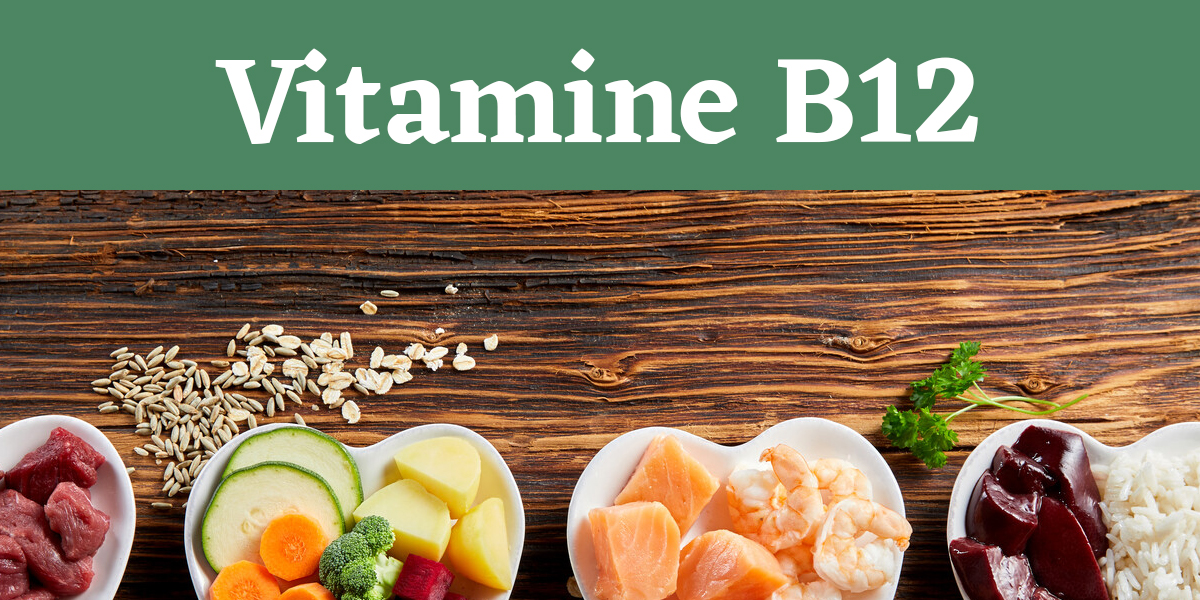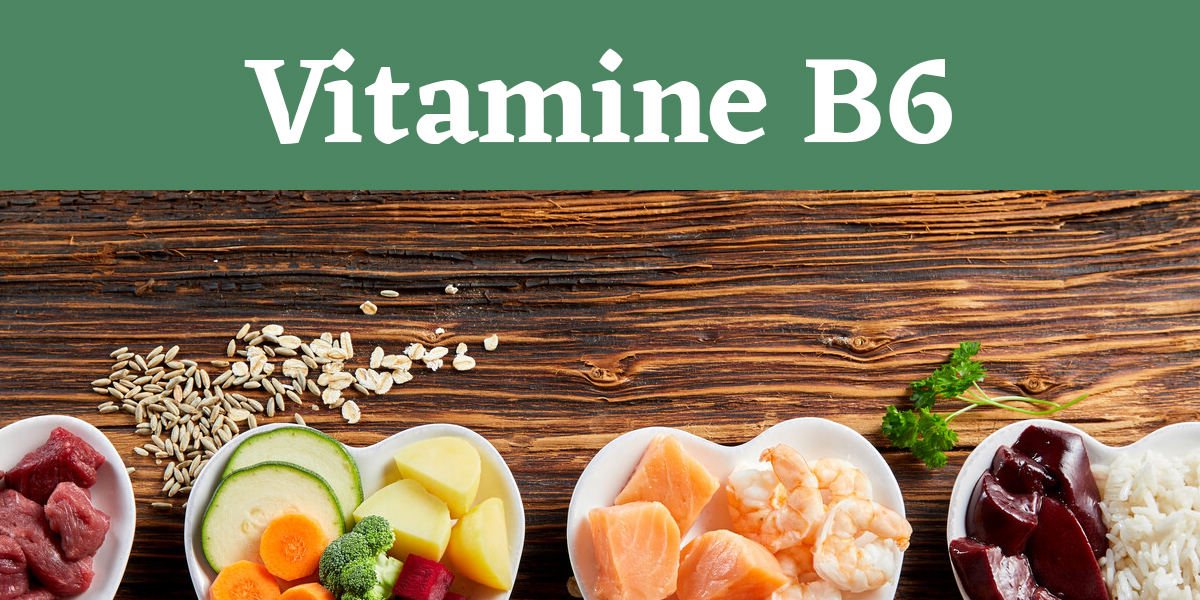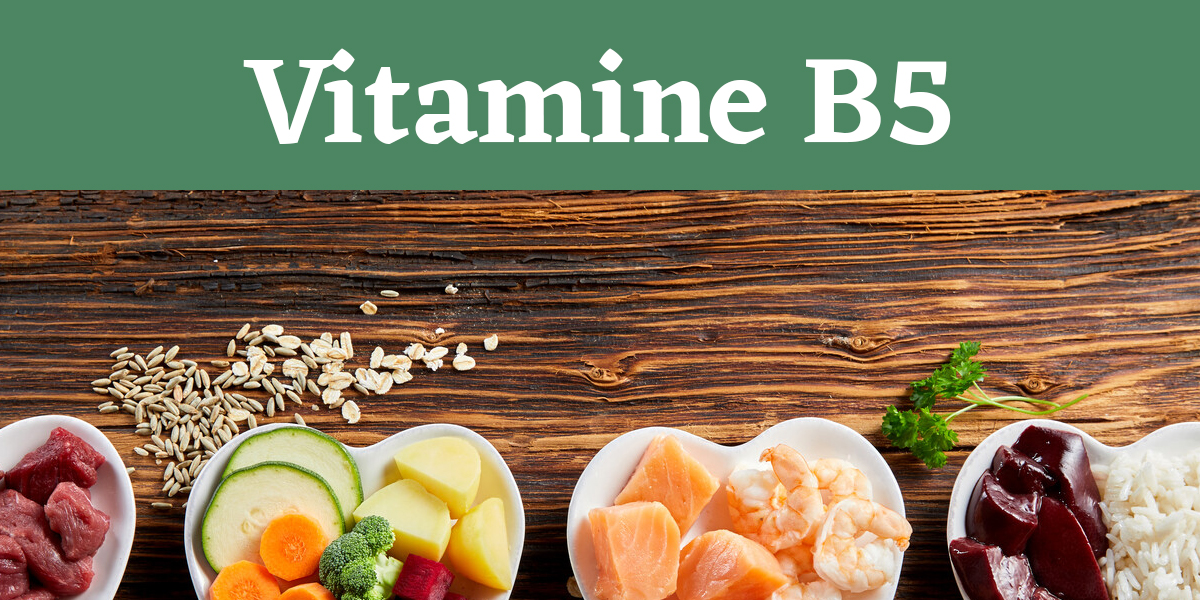Vitamin A

Vitamin A also called axerophtol has 2 forms. Carotene which is of vegetable origin and water soluble. And retinol, of animal origin and fat soluble.
Carotenoids
Carotenoids are a group of nutrients that are mainly found in fruits and vegetables. They have coloring properties, which are important for their protective effect against oxidative damage. This beneficial effect is due to these antioxidant properties. They work together with other vitamins such as vitamin E and vitamin C. These antioxidants scavenge free radicals, reducing oxidative stress.
The antioxidant effect of carotenoids can, among other things, counteract the degeneration of the eyes. The nutrients zeaxanthin and lutein also protect the yellow spot in the eye. The damage that occurs is due to too much light and UV light. The unsaturated fatty acids in the light-sensitive cells in the retina become damaged. The carotenoids counteract lipid peroxidation. The intake of carotenoids also reduces the risk of severe age-related visual impairment. Research also shows that people with a too low level of carotenoids in the blood are five times more likely to contract cataracts. Research also shows that the risk of cancer can be reduced by a combined intake of different carotenoids.
Beta carotene is also known as provitamin A. Beta-carotene is the precursor of vitamin A. The body is able to convert beta-carotene into vitamin A in the small intestine. This conversion is not always optimal, because there are often deficiencies of some cofactors such as vitamin C and minerals such as zinc, iodine and iron. Other substances also play a role, such as oxygen and thyroid hormones. Another problem may be that the body first uses beta-carotene as an antioxidant, leaving too little to produce vitamin A.
Beta carotene is a powerful lipophilic antioxidant. This is due to its very potent lipophilic, fat-soluble, property. Beta-carotene has a very broad effect and can therefore combat many radical species. Including the very harmful peroxyl radical which is produced during lipid peroxidation. It protects against the degeneration of cells and tissues. An example is the blood vessel walls. It lowers the risk of cardiovascular disease. It also has an immune-enhancing effect because it activates the immune substance interferon.
Vitamin A: Retinol
Vitamine A is voornamelijk belangrijk voor ons immuunsysteem en bij de ontwikkeling en instandhouding van cellen en weefsels. Vitamine A stimuleert de thymusklier, waardoor het immuunsysteem wordt geactiveerd. Verder speelt vitamine A een rol bij de celdifferentiatie. Het speelt ook een rol bij het voorkomen van luchtweginfecties, conditie van de slijmvliezen, nagels, haren en botgroei. Tekorten aan vitaminen A kunnen leiden tot een niet goed functionerend immuunsysteem wat op zijn beurt weer kan leiden tot infectieziekten. Andere gebreks-symptomen kunnen zijn nachtblindheid, ruwe en droge huid tot vertraagde groei bij kinderen. Maar ook tot botafwijkingen en weinig weerstand tegen verkoudheden en griep.



